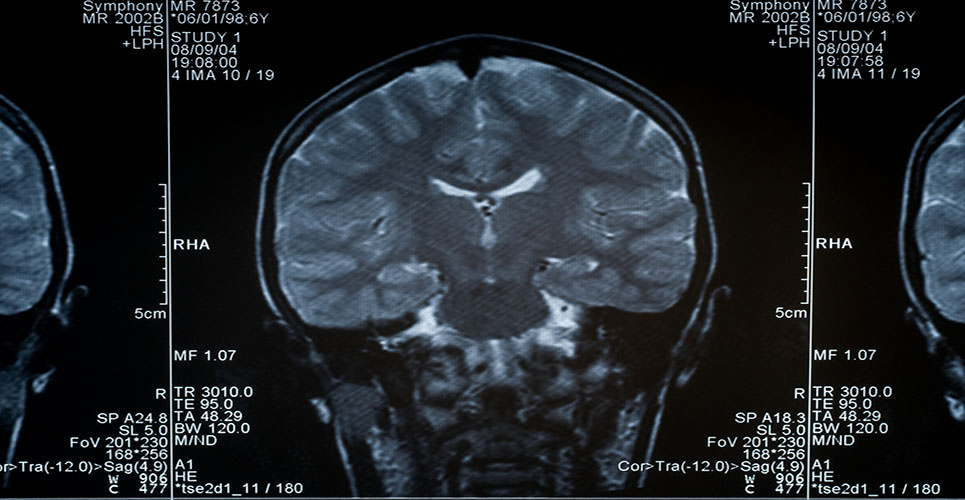teaser
Millions of children with epilepsy in developing countries are being denied an effective drug that costs less than $3 a year, according to an editorial in this week’s BMJ.
Clinical pharmacologist Professor Emilio Perucca of the University of Pavia, Italy, urges governments and nongovernmental organisations in developing countries to ensure that effective treatment is available for all.
Of the 35 million people with epilepsy who live in developing countries, some 85% receive no treatment at all. As a result, they experience seizures and the psychological consequences of stigma and discrimination.
Most of these people – many of them children – could have a normal life by taking a single daily dose of phenobarbital, a drug that costs less than $3 (€2.20) a year.
The World Health Organization recommends phenobarbital as the treatment of choice in resource-restricted countries, but this policy has been questioned due to concerns about adverse behavioural effects, particularly in children.
Yet a study of children in Bangladesh also published in this week’s BMJ found no significant difference in behavioural problems between phenobarbital and carbamazepine. Despite some limitations, the study provides more evidence to support the use of phenobarbital in developing countries.
The burden of untreated epilepsy in terms of human suffering and social costs is enormous, Professor Perucca says.
He concludes that an efficient epilepsy management programme will work only if fully integrated within a community healthcare delivery system, which should provide not only reliable supplies of drugs, with adequate facilities for storage and dispensing, but also educational programmes for health practitioners and the general population.
BMJ 2007;334:1175-6;1207-10

